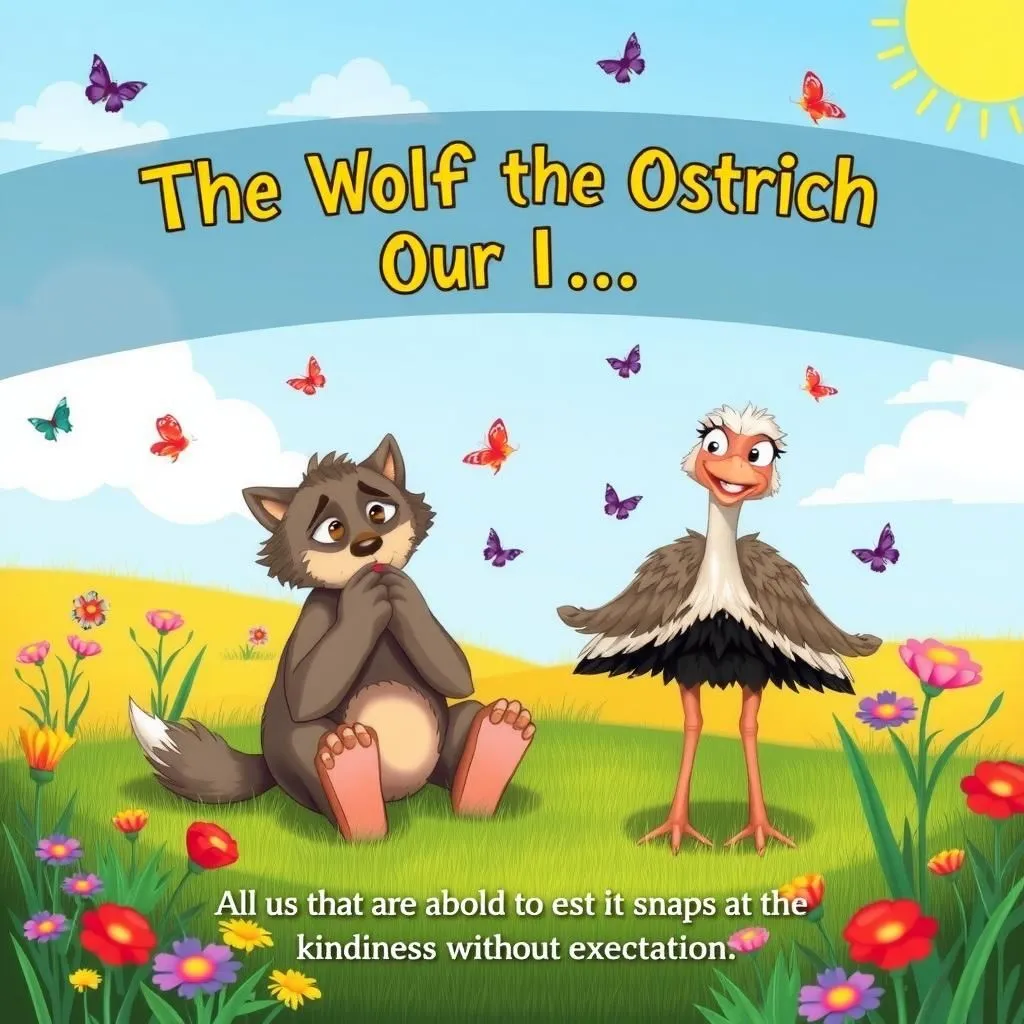
The Fox and the Cat
In "The Fox and the Cat," a well-known moral story from short story collections with moral lessons, a boastful Fox brags about his many tricks for escaping danger, while the pragmatic Cat relies on her single, reliable method. When a pack of hounds approaches, the Cat quickly escapes by climbing a tree, while the Fox hesitates and ultimately meets his demise. This engaging moral tale emphasizes the value of having one dependable solution over numerous uncertain options, making it a great addition to moral stories for students.


